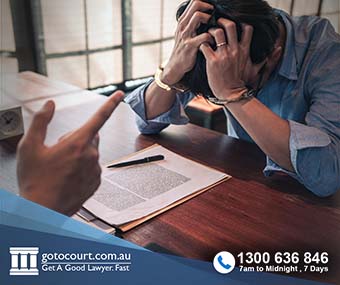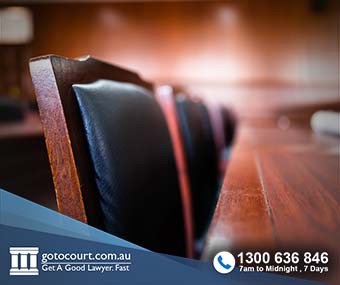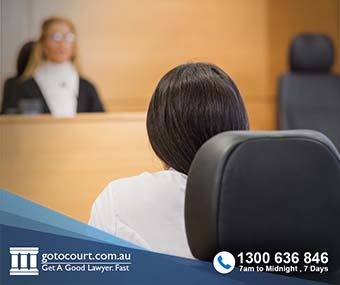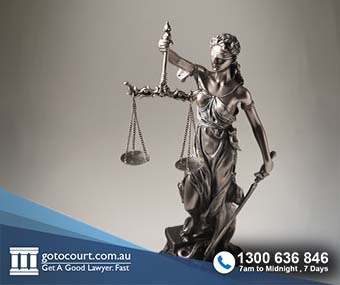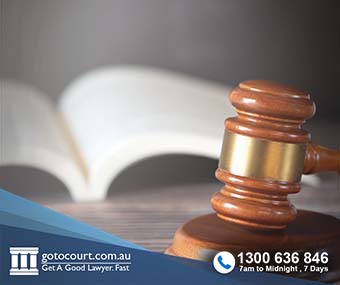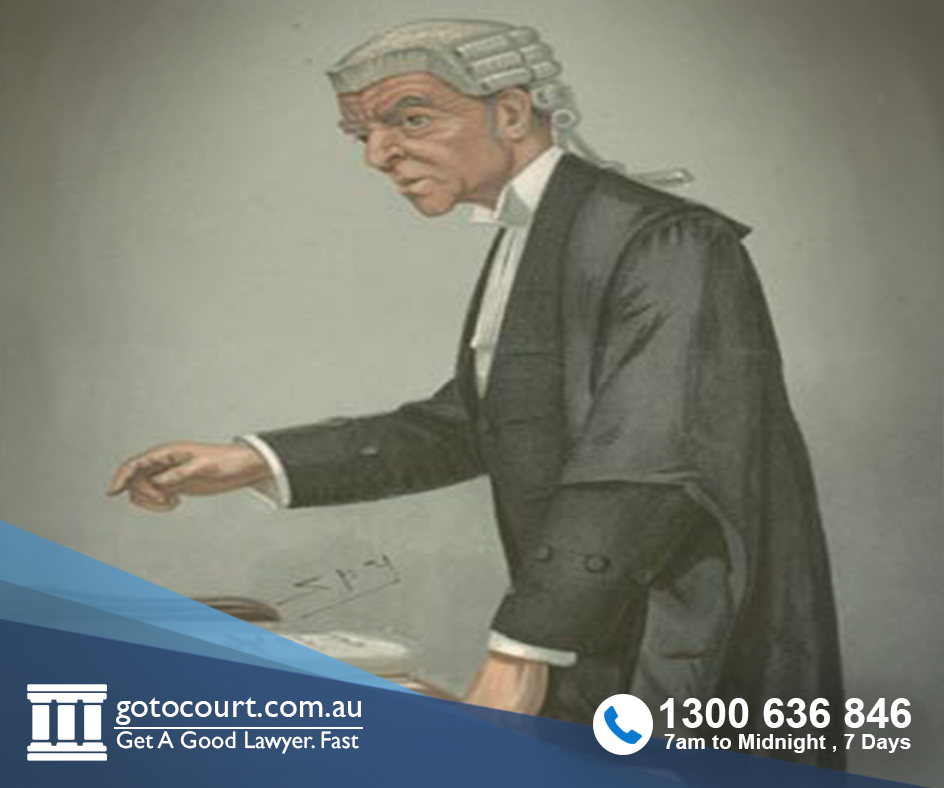Committal Proceedings (Qld)
When a person is charged with any criminal offence, they are given a first mention date in the Magistrates Court. However, serious indictable offences cannot be dealt with in the Magistrates Court. Defendants in these matters have a right to be tried by a Judge and Jury, rather than a Magistrate. Before a matter can proceed to a higher court, it must go through the committal process.
In Queensland, both the District Court and the Supreme Court hear serious indictable offences. The Supreme Court deals with the most serious offences, such as murder, manslaughter, drug trafficking and rape. The District Court deals with matters such as indecent treatment of a child, drug supply, dangerous operation of motor vehicle, unlawful wounding and grievous bodily harm.
Brief of evidence
In order for a charge to be committed to the District Court or Supreme Court, a brief of evidence must be provided by the prosecution to the accused or their legal representative. The brief of evidence should contain all the evidence that the prosecution has against the accused, which they say is sufficient to continue with the charges. This includes all witness statements, the electronic record of interview (if one was conducted), any footage of the incident, police statements and so on.
Committal hearings
In a committal hearing, or ‘oral committal’, a Magistrate will hear oral evidence and determine whether there is a sufficient prosecution case for the matter to proceed to the District or Supreme Court. If the Magistrate determines that there is sufficient evidence for a jury to be satisfied beyond a reasonable doubt, the charges will be moved to a higher court.
However, if the Magistrates believes the evidence is insufficient to satisfy a jury beyond reasonable doubt, the Magistrate must discharge the accused. This avoids wasting the time and cost of a jury trial where there is insufficient evidence to support a conviction.
A committal hearing is not a hearing to determine guilt. It is simply an assessment of the evidence. The Department of Public Prosecutions (DPP) will appear on behalf of the Police Prosecution. The accused has a right to be legally represented, and this is strongly advised. The committal stage is an important stage in a serious indictable matter and a great deal of consideration should be given to whether an oral committal hearing is required.
During the hearing, the Magistrate will hear evidence from each of the prosecution witnesses. The accused, or their legal representative, can then cross-examine each of those witnesses. Once each of the witnesses has given evidence, the prosecution will close its case. This is effectively a summing up of the evidence and an attempt to persuade the Magistrate that there is sufficient evidence to prove beyond reasonable doubt that the offences were committed by the accused, and that the charge should be committed to the higher court.
If the magistrate is satisfied that there is sufficient evidence to commit the matter, the defence has the opportunity to present its case. However, there is a great deal of risk in the accused giving evidence during a committal hearing as the prosecution may use what is said against the defendant if the matter proceeds to a trial. In most cases, the defence leading evidence is more detrimental than helpful. After the defence has presented its case, the magistrate will either commit the matter to a higher court, or discharge the accused.
Advantages and disadvantages of a committal hearing
There are of course advantages and disadvantages to holding a committal hearing. Advantages include the possibility the charges will be dismissed without the need to proceed to a trial. This could save a great deal of time and money. Another advantage of having an oral committal hearing is that the credibility and reliability of the prosecution witnesses can be assessed.
Disadvantages of holding an oral committal hearing are that this can give the prosecution a heads up on the argument the defence will run at the trial. An oral committal hearing can also give the prosecution witnesses time to practice and prepare for a jury trial. This means that they will know what to expect and may perform better at the trial. Lastly, it is costly to prepare and appear and if the evidence is strong enough to proceed, the accused will still have the cost of the jury trial.
Committals without an oral hearing
In most cases, a charge will be committed to the higher court without a committal hearing. A defence solicitor will review the brief of evidence, and if there appears to be sufficient evidence to proceed to committal then the matter will be committed by consent. This can be done in two ways.
Firstly, this can occur through what is known as ‘full hand up’ committal. This occurs in court and consists of the prosecution handing up the evidence to the magistrate, who will review it to ensure there is sufficient evidence for the matter to be committed to a higher court.
Secondly, this can occur through a Registry Committal. This is the administrative avenue of committing the charges outside of court. The defence must have received all the evidence and witness statements prior to this occurring. The magistrate will adjourn the matter to allow this be completed, and the next Magistrates Court mention date will be vacated once the Registry Committal has taken place. The matter will then be transferred to a higher court.
If you require legal advice or representation in a criminal matter or in any other legal matter, please contact Go To Court Lawyers.


